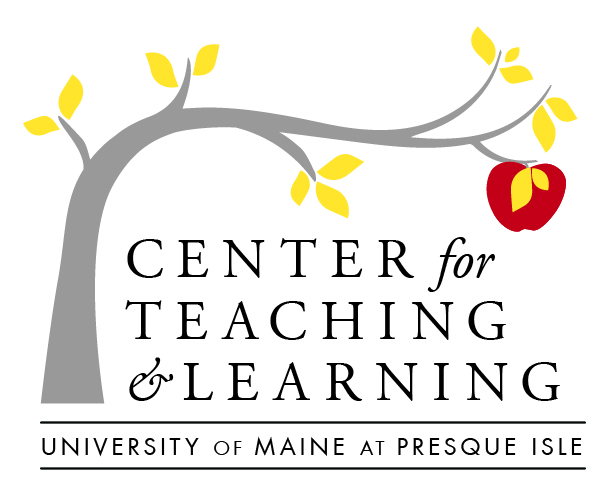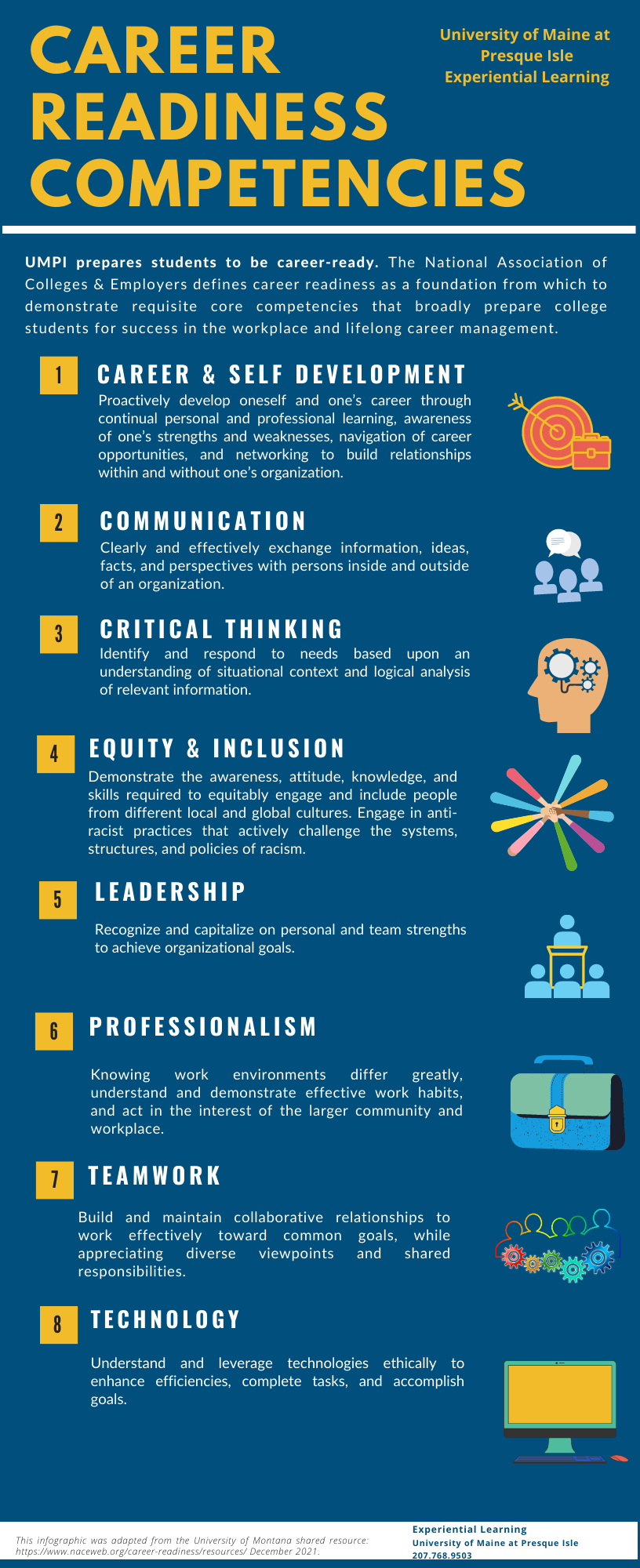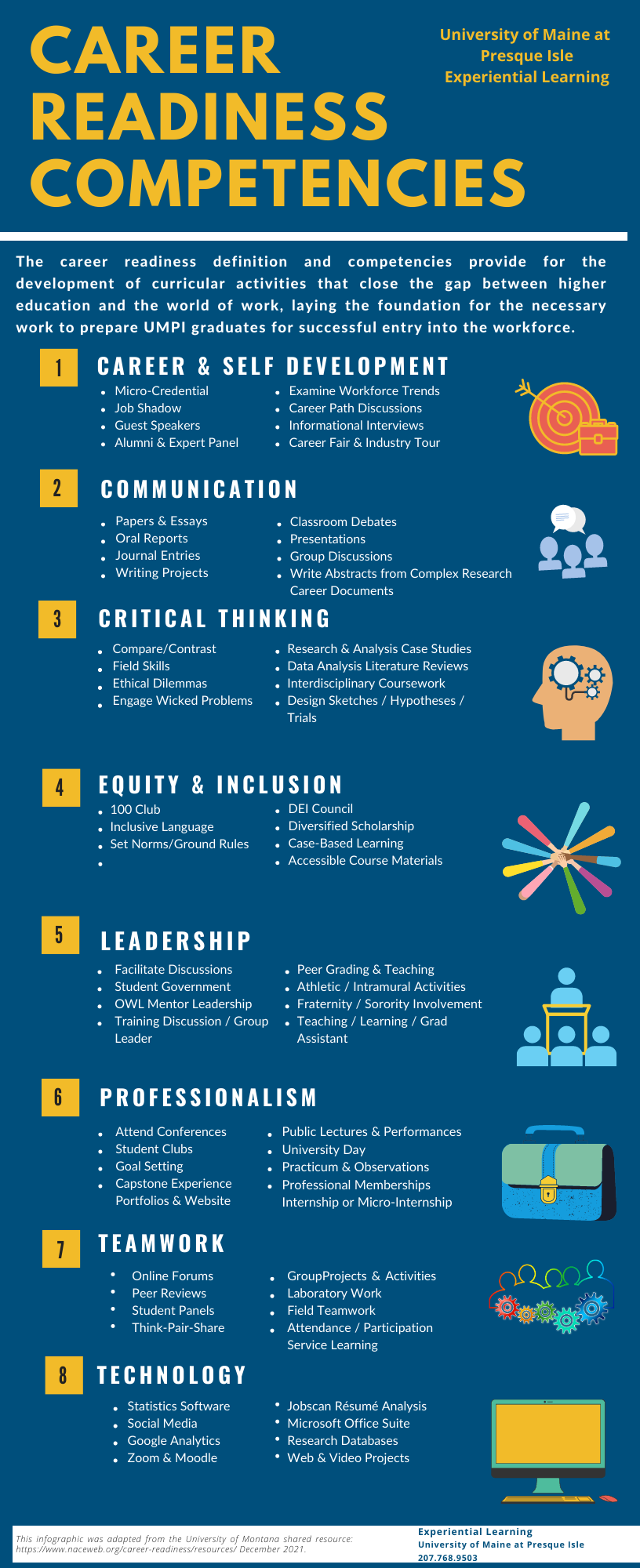Career Ready Connections
How do we help our students recognize their career ready skills?
Do we share these competencies with our students?
Will the NACE competencies help our students become career prepared?
The Link Between Experiential Learning & Career Ready Skills
Experiential learning can help students develop career readiness skills that are essential for success in the workplace. Career readiness skills include a range of competencies such as critical thinking, problem-solving, communication, teamwork, and leadership (NACE). These skills are highly valued by employers and are often cited as key factors in hiring decisions.
These high-touch experiences can provide students with opportunities to apply their knowledge and skills in real-world contexts, allowing them to develop and practice these skills. Through experiences like internships, co-op programs, service learning, and other forms of experiential learning, students can gain practical experience, develop professional networks, and build a portfolio of work that demonstrates their abilities.
Experiential learning can also help students explore potential career paths, clarify their goals and interests, and develop a sense of purpose and direction. By engaging in experiential learning activities, students can gain a better understanding of the skills and competencies required in different industries and professions, and develop the confidence and motivation to pursue their career aspirations.
MATRIXING CAREER READINESS SKILLS AND EXPERIENTIAL EDUCATION
Frequently Asked Questions
I have seen people with the NACE icons in their syllabus--where can we get those?
Faculty can help students identify career-ready skills in their courses by using NACE’s icon pack. You can access the Icon Pack here.
As a faculty, am I supposed to teach all of these skills?
No, as you are planning your curriculum, look to see where there may be natural ‘fits’ with one or more competencies, and focus on those.


